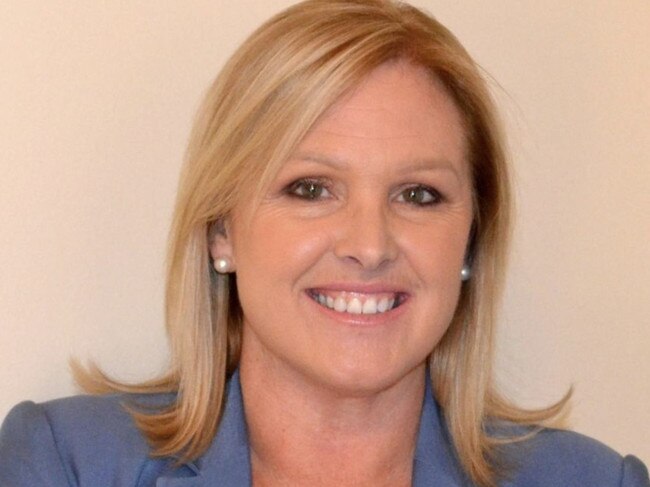Cyber safety expert Susan McLean teaches NT students about online safety
With children as young as five posting naked images of themselves online, a cyber safety expert is heading to the NT to teach our students – and their parents – how to protect themselves from malicious online attacks.
News
Don't miss out on the headlines from News. Followed categories will be added to My News.
Education is key to preventing malicious cyber attacks such as sexual blackmail – known as “sextortion” – as children as young as five post naked images of themselves online, a cyber safety expert has warned.
Cyber safety expert Susan McLean said sextortion was the number one cyber crime affecting teenage boys and that some children had suicided after becoming victims of similar attacks.
Ms McLean said AI was also a rising concern after seeing manipulated images of children being used in bullying attacks or sextortion.
“I’ve dealt with teenage boys who didn’t send a nude photo, but had an image of them with clothes on, manipulated through AI into a nude and used to blackmail,” Ms McLean said.
“I’ve seen children cyber bullied with the fake AI images.”

In light of Safer internet Day on February 6, Ms McLean will visit SEDA College, the Essington School, and Haileybury Rendall School this week to show kids how to prevent online attacks such as sextortion, cyber bullying, sexting, digital reputation, grooming, legislation, and how to seek help.
She will also host an adults-only community information session about cyber safety at HRS at 7pm on Thursday, February 8.
“We know that technology is a wonderful tool, but it’s a place of opportunity and risk,” Ms McLean said.
“Children will play, they’ll communicate, they’ll hang out, but they may become the victims of crime or engage in illegal activities themselves, so they need to understand the risk that when they’re online, there is a risk.”
Ms McLean said a key part of prevention was a focus on perception.
“I was with some primary school students last week in Cairns and one boy said, ‘the only people I talk to online are people who are nice to me’,” she said.
But Ms McLean said “nice” did not always mean a person was safe.
“‘Nice’ equals a pedophile trying to gain your trust who’s then going to harm you, but (kids) don’t understand that,” she said.
“This is where parental engagement is so vital as well, because unless a parent is helping to keep the child safe online, it’s not going to work.”
More Coverage
Originally published as Cyber safety expert Susan McLean teaches NT students about online safety




